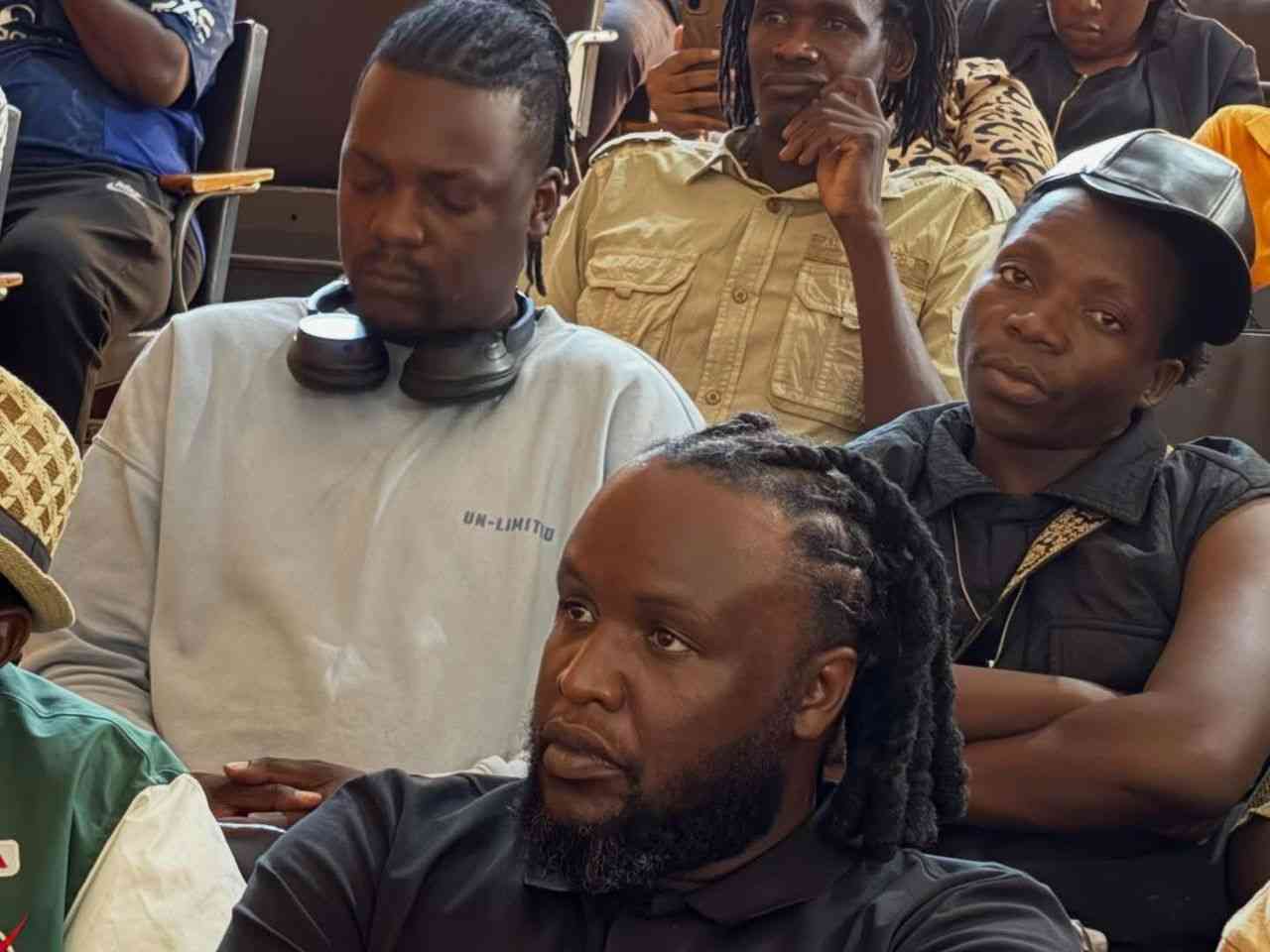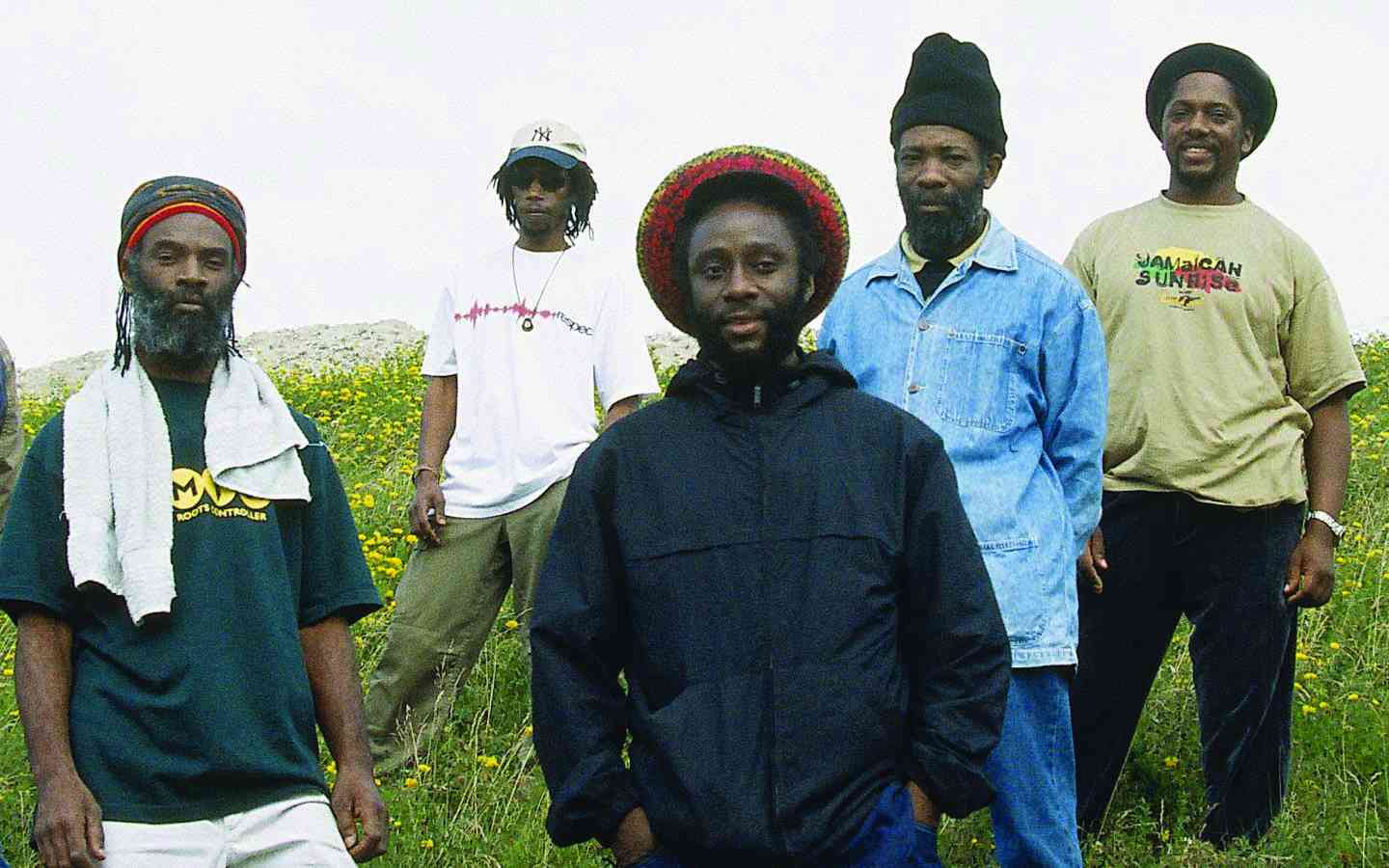
By Sindiso Dube
After years of arguing on the origins and evolution of Zimbabwean music genres, prolific and record-setting producer Delani ‘Step Aside’ Makhalima has for the first time commented and said Zim Dancehall, Zim Hip-hop, and other urban genres are all under urban grooves.
Makhalima was speaking in an interview with online magazine So Profound, which was part of a series of interviews that the magazine held with artistes who came from the urban grooves era and these include Stunner, Roki, Take Fizzo, Leonard Mapfumo, Mafriq, Tererai, Sanni Makhalima and Kevy of Trinity.
While running Galaxy Studios, Delani made history by becoming the first artiste to produce a full album featuring young artistes which marked the birth of the urban grooves genre.
The compilation album propelled Delani to national stardom with hits such as David Chifunyise’s Tauya Naye.
Delani is credited for establishing many of the youthful artistes such as Plaxedes Wenyika, Sanni, Roki, Ex-Q, Leonard Mapfumo, Roy and Royce, Kudzai Sevenzo, Pastor G and King Pinn, among others.
“Urban grooves is a modern sound that’s infused with your location, where you come from, with your story, ethnicity, and background. It can be any genre,” he said.
“A lot of people tell me that Zimdancehall is not part of urban grooves. Don’t joke, don’t play with us; we created Zimdancehall before it was even called Zimdancehall.
- Chamisa under fire over US$120K donation
- Mavhunga puts DeMbare into Chibuku quarterfinals
- Pension funds bet on Cabora Bassa oilfields
- Councils defy govt fire tender directive
Keep Reading
“It was there and not even me, I won’t even take credit for it because there were guys who were already doing it.
“There were the sound system culture, Sniper Storm, and others, even Zimhip-hop is part of urban grooves, we were doing all this under the banner urban grooves, it’s a collective name for urban music.
He said urban grooves was being done in South Africa where it has been christened Amapiano, kwaito and in Nigeria where it is called Naija.
“It’s a collective term to say this music is not traditional groove. You can also blend the words and the sounds and come up with a contemporary groove, mix the two, and have an urban sound with a contemporary groove, where you have your P Square and your Simba Tagz,” Delani said.
“Let’s not argue and try to get into the semantics of what is what, urban grooves is music that is modern, trendy, and urban being done by local people of that particular region.”
Delani claimed he influenced the then Information minister Jonathan Moyo to introduce the 75% local content policy on radio, a move that flooded the airwaves with locally produced content and propelled the birth and rise of urban grooves.
“Professor Moyo was very influential in what we had noticed which was a problem of airplay,” he said.
“Two out of 10 songs that played on radio stations were local, which means we needed more to be heard. We competed for only two slots.
“I got summoned to Moyo’s office when he had heard about my works, he needed to speak to me on how I could assist the Ministry of Information and the country to get the message of land reform and use of land and also to find clever ways of getting the youths to understand how important it is to use and to get land. It started as a deal for me to do adverts for the ministry of information.
“He is a listening man and he listened to our grievances on piracy and our lack of airplay and then he went on to allocate 75% airplay for local music.”
Delani is now based in South Africa and sits on the executive committee of the adjudication board of the Africa Music Awards.
“I believe in the music industry and I believe there is hope for it but it cannot work without the people,” he said.
“The people have to change the way they consume it and start recognizing that if it’s something that you enjoy, pay for it.
“Unless we do that, we will consistently see artists rise and die without anything and you will always ask why our artists aren’t not like the Americans and it’s because we are not funding them, financing them, and we finance them by buying their music.
“The only way to keep an artiste alive is by buying their product and going to their shows.
“Zimbabwe has been great for me and I am going to come back. I still need to beat my own record; I am the most successful producer in terms of hit records, in any genre. I have the most number-one tracks and the most songs in a chart show.”










